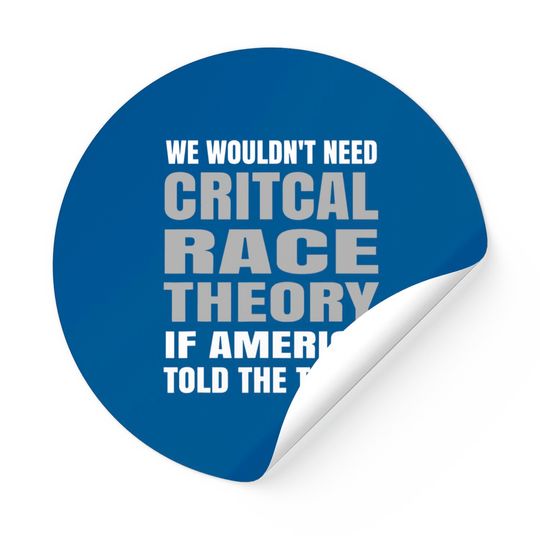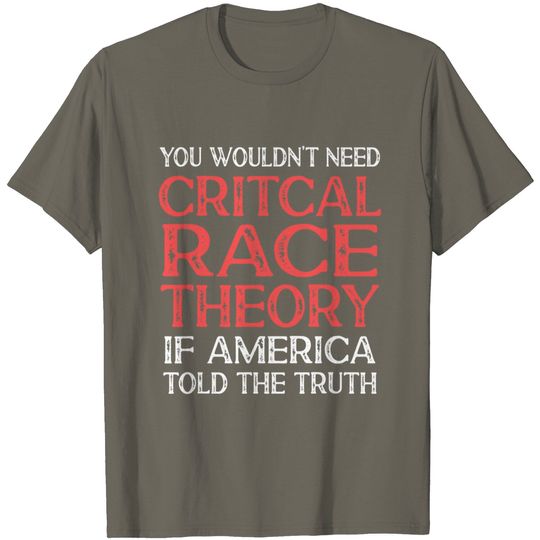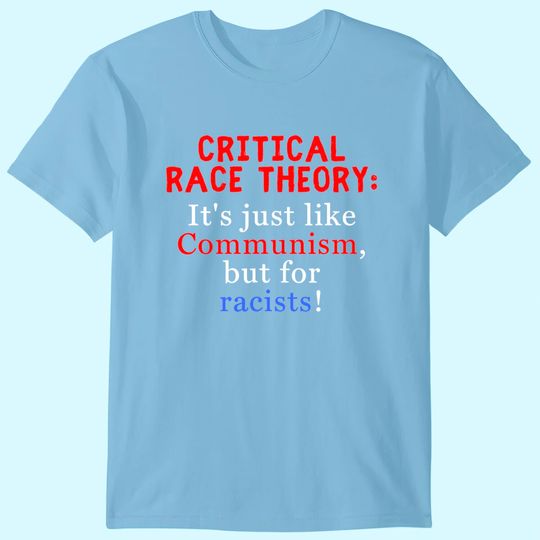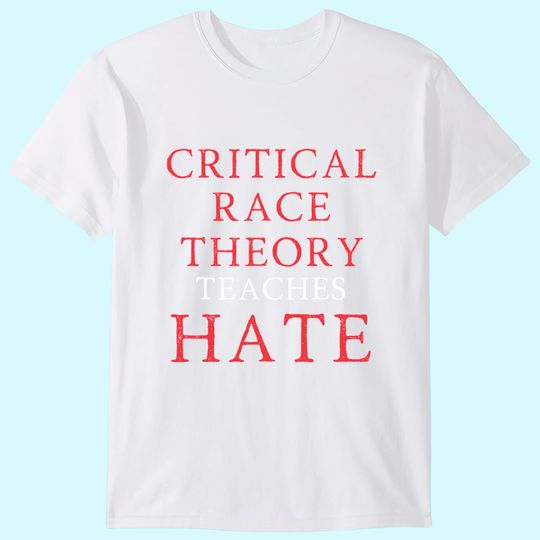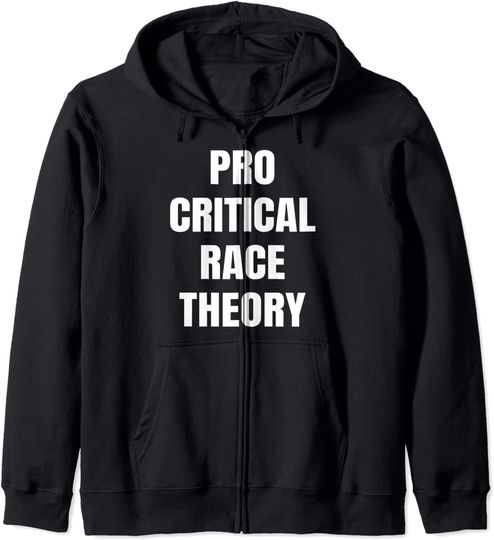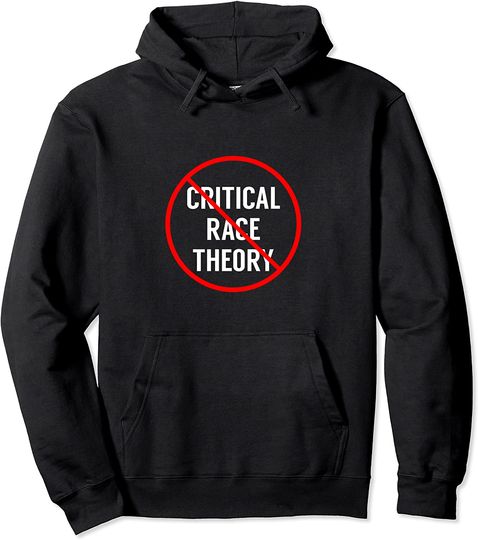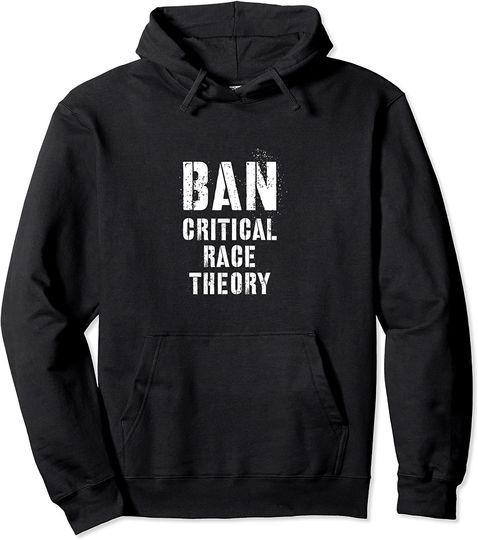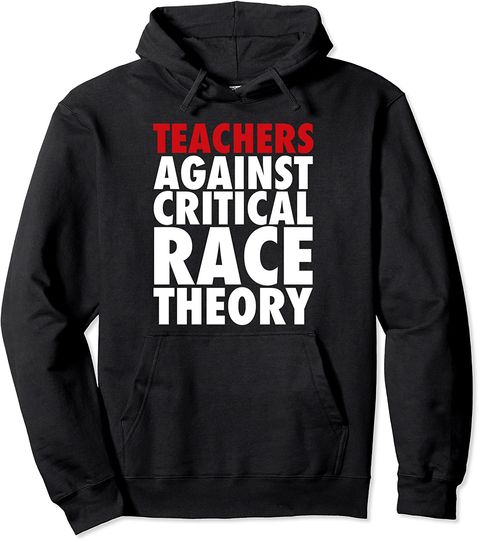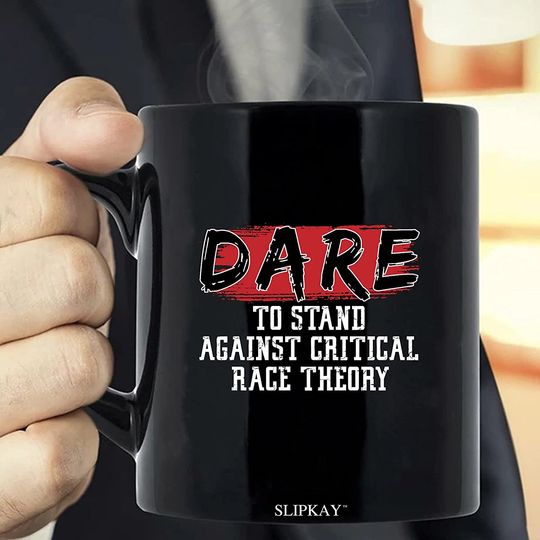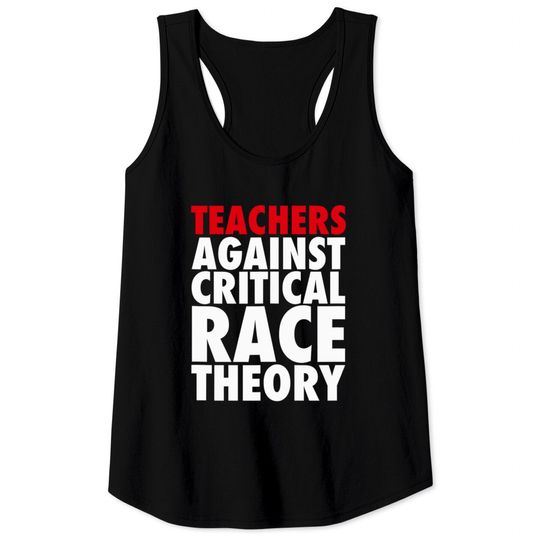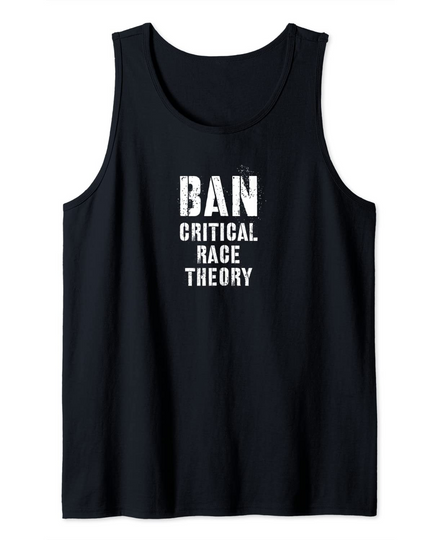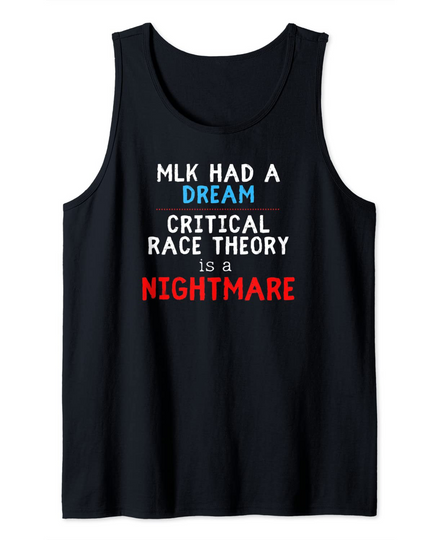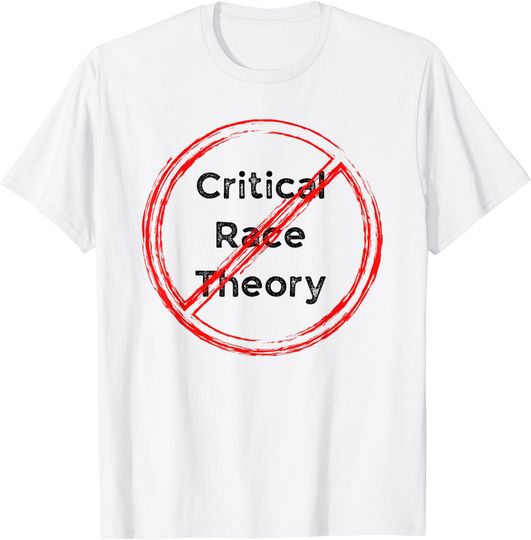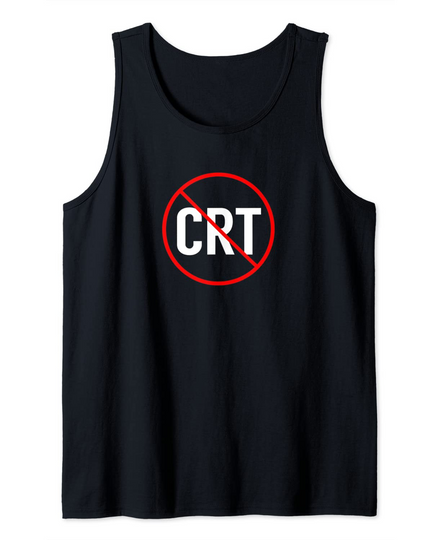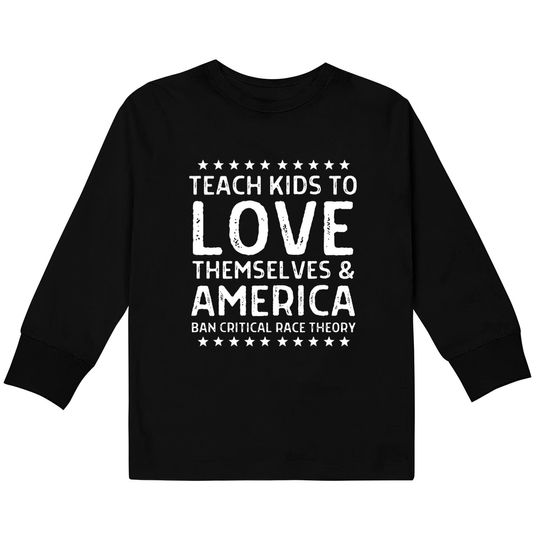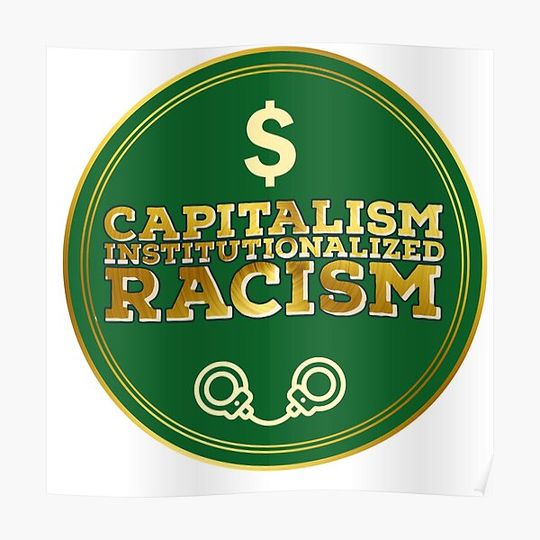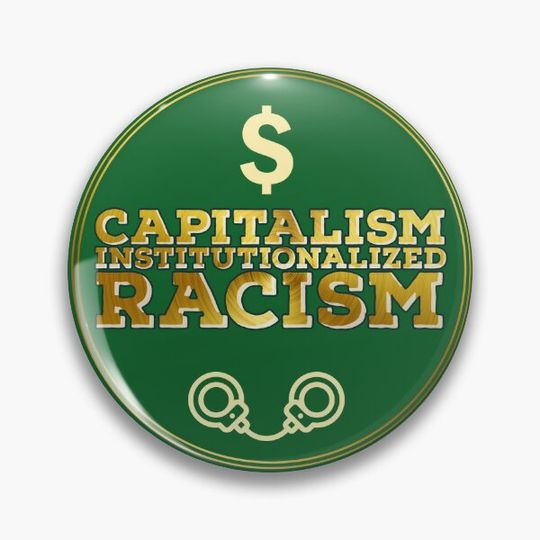Critical race theory
About 48 Results- Best Selling
- Newest
- Top View
- Price: Low to High
- Price: High to Low
- Top Discount
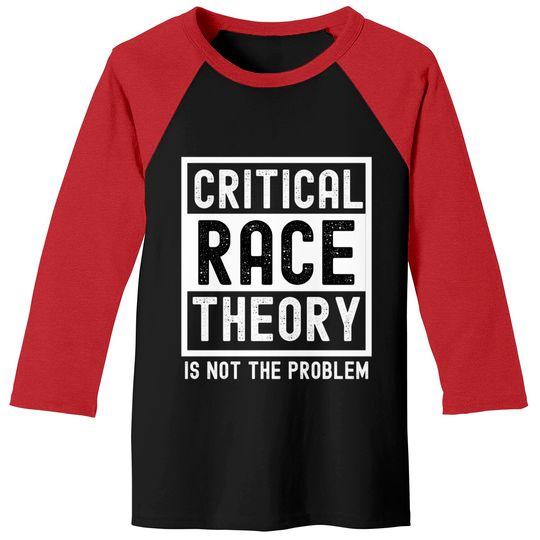
Critical Race Theory is not the problem Pro CRT Teacher Baseball Tees
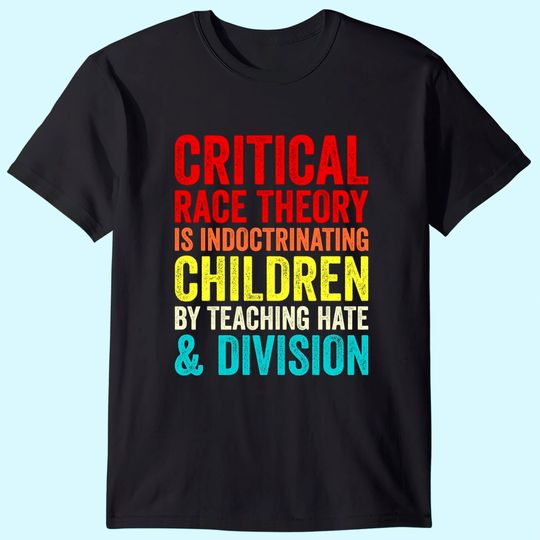
Critical Race Theory is teaching Hate & Division T-Shirt
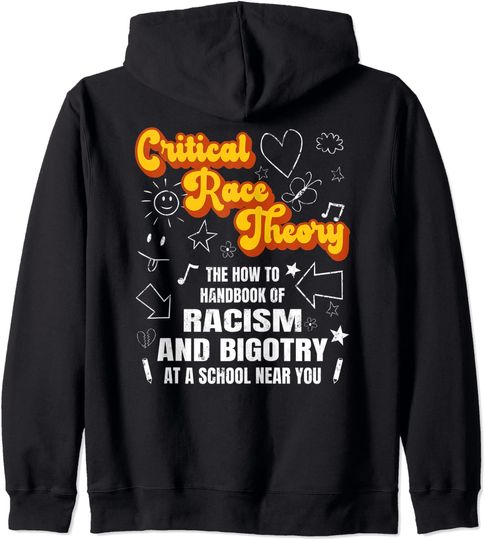
Critical Race Theory is Racist Indoctrination Zip Hoodie
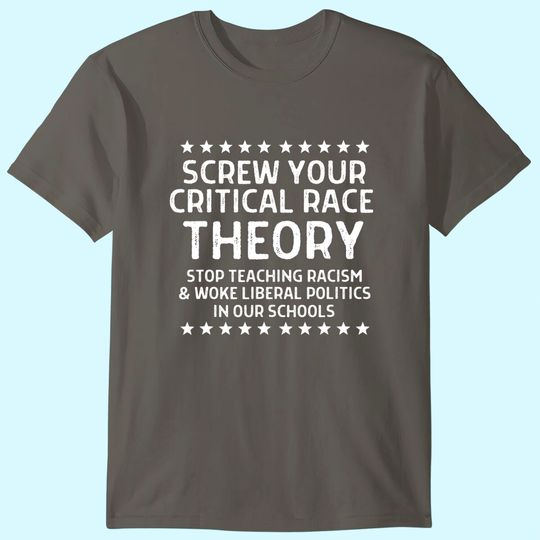
Screw Your Critical Race Theory Anti-CRT for Parents T-Shirt
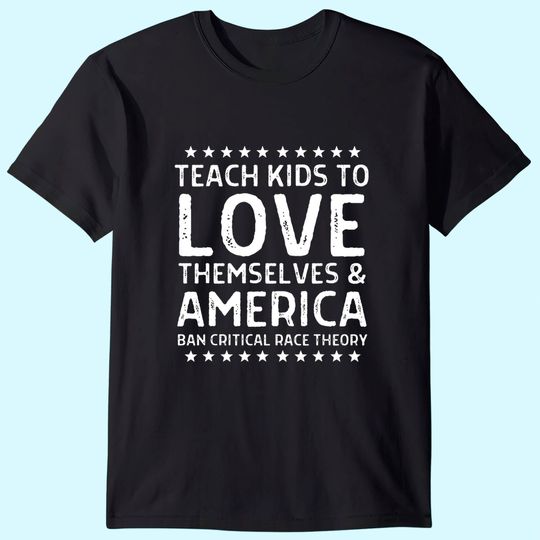
Teach Kids to Love Themselves & America Anti-CRT T-Shirt
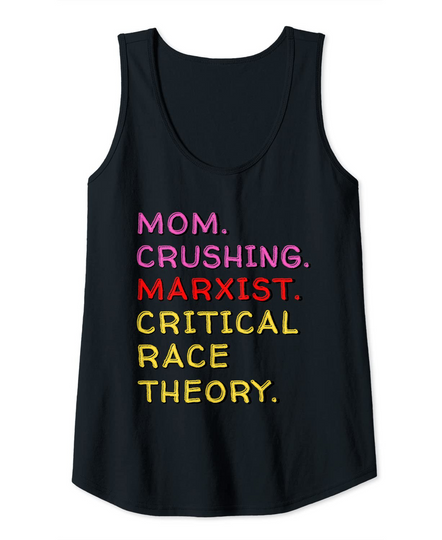
Womens Moms Crushing Marxist Critical Race Theory, Anti CCP Womens Tank Top
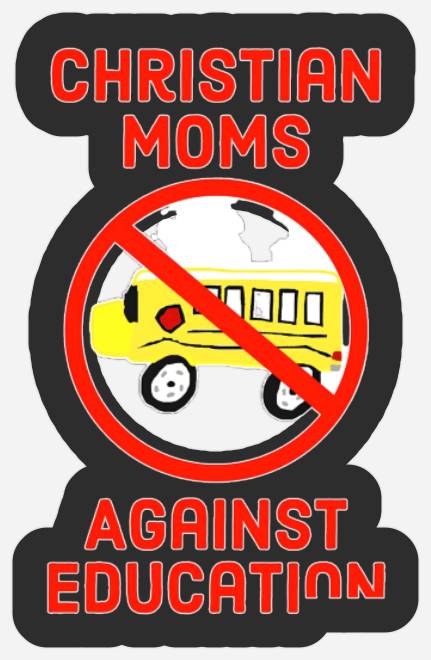
Christian moms against education political satire design Classic T-Shirt Stickers

Christian moms against education political satire design Classic T-Shirt Baseball Caps
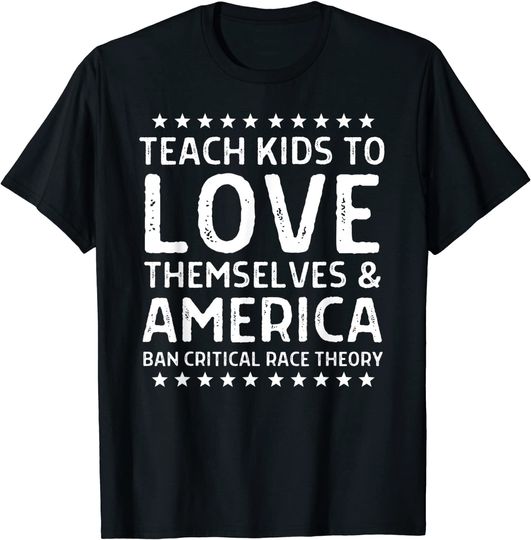
Teach Kids To Love Themselves & America Anti-crt Baseball Cap
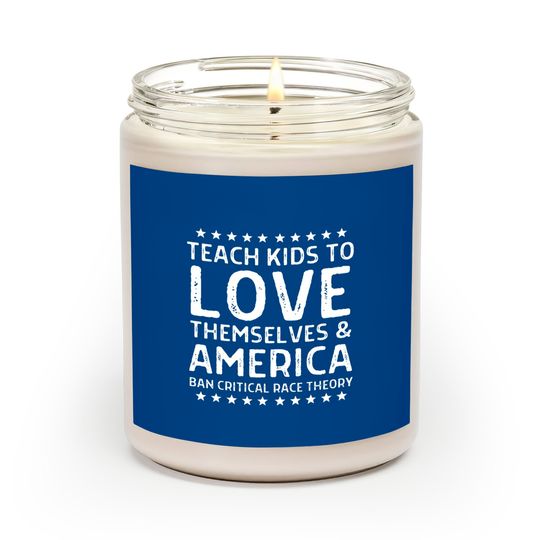
Teach Kids To Love Themselves & America Anti-crt Scented Candles

Christian moms against education political satire design Classic T-Shirt Print Trucker Hats
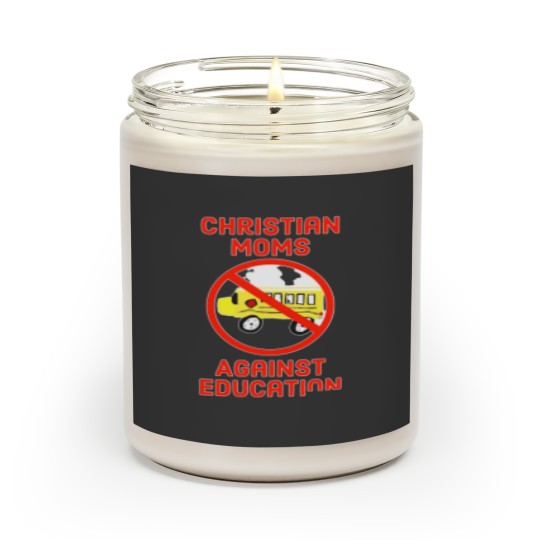
Christian moms against education political satire design Classic T-Shirt Scented Candles
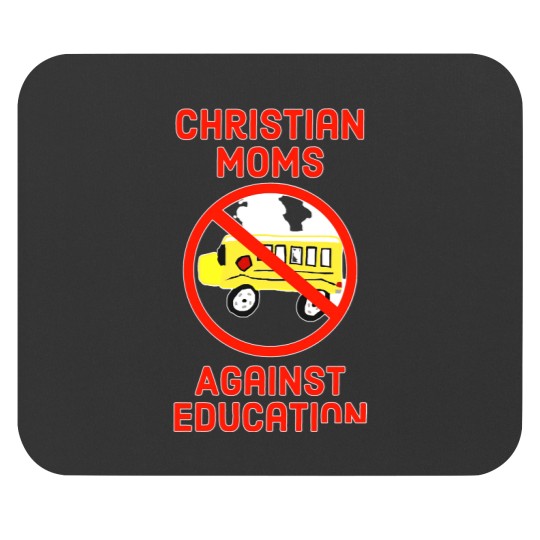
Christian moms against education political satire design Classic T-Shirt Mouse Pads

Christian moms against education political satire design Classic T-Shirt Zip Hoodies

Christian moms against education political satire design Classic T-Shirt Sweatshirts

Christian moms against education political satire design Classic T-Shirt Hoodies
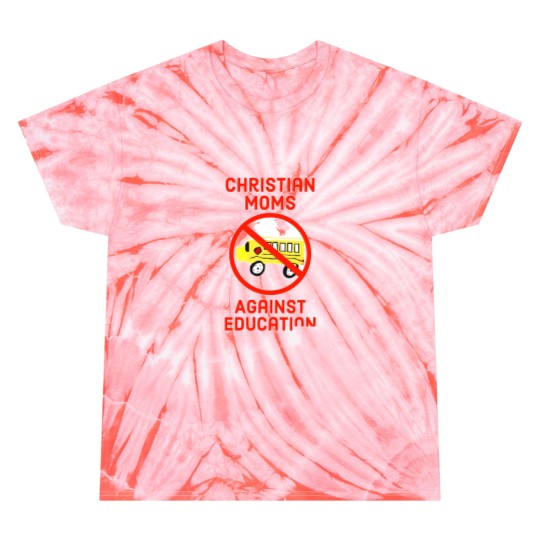
Christian moms against education political satire design Classic T-Shirt Tie Dye T-Shirts

Christian moms against education political satire design Classic T-Shirt Tank Tops

Christian moms against education political satire design Classic T-Shirt Long Sleeves

Christian moms against education political satire design Classic T-Shirt Baseball Tees
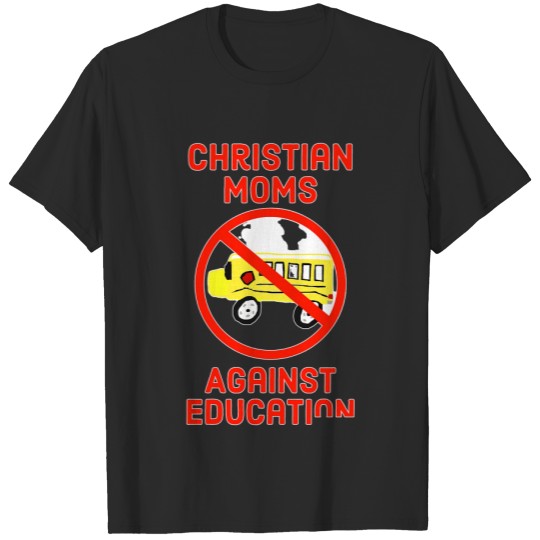
Christian moms against education political satire design Classic T-Shirt T-Shirts

Christian moms against education political satire design Classic T-Shirt Hawaiians

Christian moms against education political satire design Classic T-Shirt Mugs
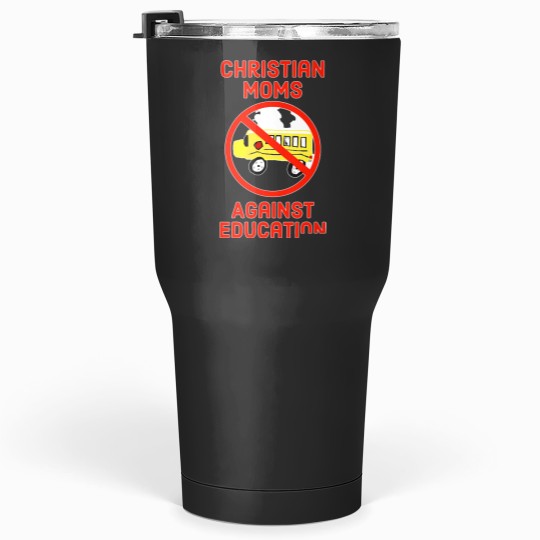
Christian moms against education political satire design Classic T-Shirt Tumblers 30 oz
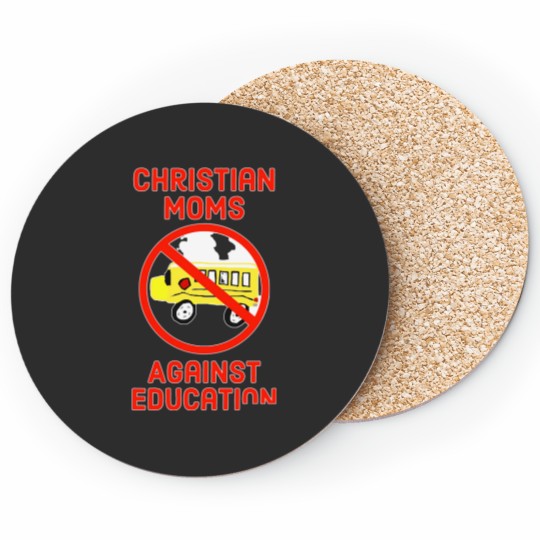
Christian moms against education political satire design Classic T-Shirt Coasters
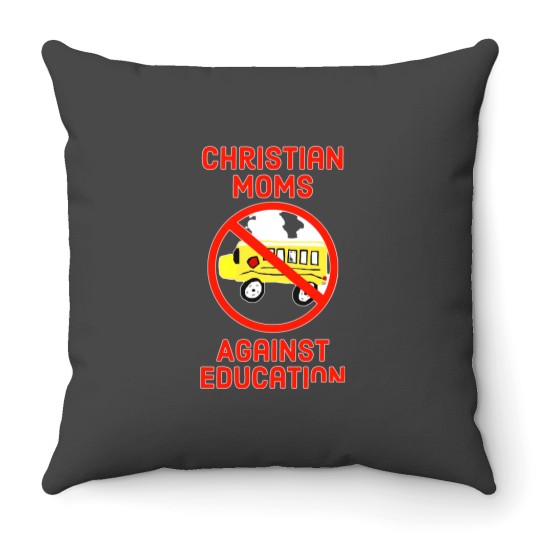
Christian moms against education political satire design Classic T-Shirt Throw Pillows
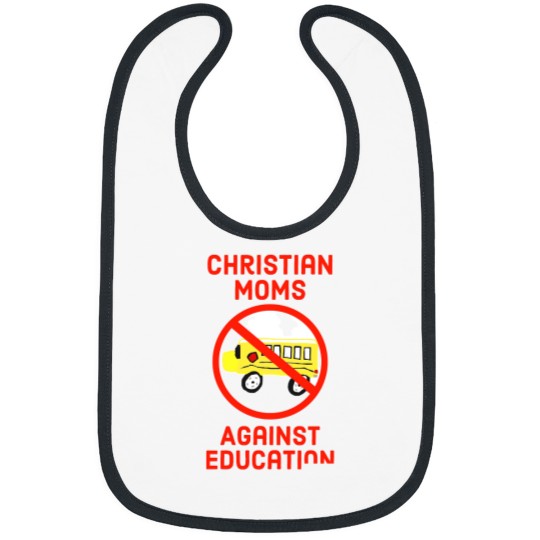
Christian moms against education political satire design Classic T-Shirt Bibs

Christian moms against education political satire design Classic T-Shirt Baby T-shirts

Christian moms against education political satire design Classic T-Shirt Kids Long Sleeve T-Shirts
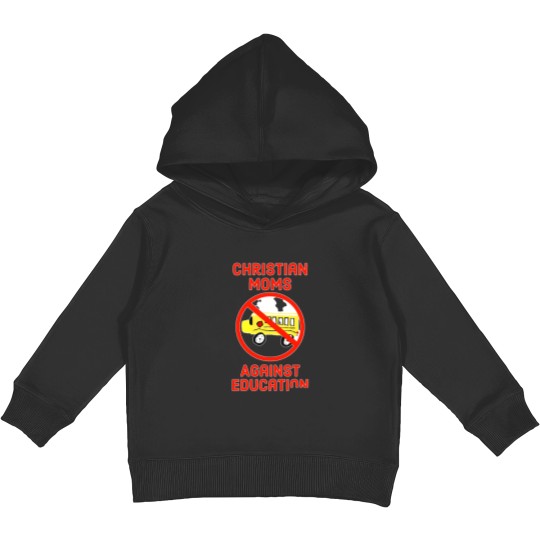
Christian moms against education political satire design Classic T-Shirt Kids Pullover Hoodies
- Showing 1 - 48 of 48 unique products
Critical Race Theory: What Is It?
Critical race theory (CRT) is a school of thought that stresses the influence of one's race on one's social status. It originated as a rebuttal to the notion that two decades after the Civil Rights Movement and related legislation, the racial disparity had been overcome and affirmative action was no longer essential. The CRT has remained a prominent group in legal and academic literature, paving the door for greater non-academic, public writing.
Critical racial theory's definition and Origins
The phrase "critical race theory," coined by legal scholar Kimberlé Crenshaw in the late 1980s, was initially used to refute the notion that the United States had become a colorblind society. when a person's race has no bearing on his or her social or economic position. Just two decades after the Civil Rights Movement's accomplishments, several politicians and groups have decided to embrace Martin Luther King, Jr.'s aspirational colorblind vocabulary — that is, the concept that we should assess someone based on the content of his or her personality. not his skin tone — while glossing over other salient elements of his remarks, which stressed discrimination and economic injustice.
CRT was founded by legal academics such as Derrick Bell, Kimberlé Crenshaw, and Richard Delgado, who claimed that racism and white supremacy were fundamental features of the American legal system – and of American society as a whole – notwithstanding the rhetoric of "equal protection." Initially, proponents contended that a historical, contextual examination of law would call into question ostensibly neutral ideas such as meritocracy and objectivity, which tend to perpetuate white supremacy. Early critical racial theorists' major objective was to combat the oppression of people of color; in other words, they aimed to alter the current quo, not merely criticize it. Finally, CRT is multidisciplinary, gaining inspiration from a variety of academic ideas, including feminism, Marxism, and postmodernism.
Affirmative action measures have also come under fire, with conservative lawmakers saying that they are no longer required. CRT as a school of thought seeks to demonstrate the claimed ways in which color blindness laws have permitted the continuation of racial oppression and inequality notwithstanding recognized discrimination banned.
Applications of Critical Race theory
CRT has been extended to many different areas within and outside the law. The two branches are Critical Theory whose leading scholars include Francisco Valdes and Elizabeth Iglesias — and "AsianCrit," whose proponents include Mari Matsuda and Robert S. Chang. "LatCrit" in particular is heavily based on gay and feminist theory, and both variations address issues related to Latino and Asian populations in the US, such as barriers to immigration and language. In this way, CRT has many overlaps and is often a defining feature of Ethnic Studies programs at many colleges and universities.
CRT scholars have also turned their attention to the critique of whiteness, how it is socially constructed (as opposed to the standard by which all other groups should be measured), and how it is defined Its meaning has expanded or narrowed in history. For example, various groups of Europeans - such as Irish and Jewish immigrants - were initially discriminated against as non-white as they began arriving in the United States in large numbers. These groups were eventually able to assimilate into whites or "become" whites, largely by distancing themselves from African-Americans and accepting the racist Anglo mainstream attitudes toward them.
Sub-fields of CRT focusing on gender identity and sexual orientation have also emerged in recent decades. Some of the most important scholars combining CRT with feminist theory are introduced in the anthology Critical Race Feminism: A Reader. There is clearly a lot of overlap between critical racial feminism and racism, as both focus on the overlap and multiple margins of women of color. Likewise "strange", as theorized by scholars such as Mitsunori Misawa, examines the intersections of non-Caucasian identity and strangeness.
Outside of the legal realm, education is where CRT has the greatest impact, specifically on how racial (and often class) intersections produce worse outcomes for Black students and Latin. CRT has also become a more influential ideology in the new millennium as scholars of color, its early proponents, have been employed in major American law schools.
Why is this doctrine being mentioned today?
Opponents of critical racial doctrine demonstrate outside the Loudoun County School Board office in Ashburn, Va., on June 22. (Image by Evelyn Hockstein/Reuters)
Like many other theories, the critical race theory has been criticized since its inception. Many critics comment on this theory as leaning towards personal stories and not being highly academic. Others argue that this theory is so focused on systemic failure that it forgets about individual errors.
This year, however, the debates are not purely academic.
Last year, protests against police abuse of power that led to the death of George Floyd sparked many conversations about the existence of systemic racism in the United States. President Donald J. Trump has issued a document to federal agencies warning about critical racial doctrine. According to the text, this doctrine divided America. Not long after, Trump signed an executive order banning any training that says America is racist at its core.
Trump's focus on this doctrine seems to stem from a Fox News interview by Tucker Carlson with Christopher F. Rufo, a right-wing scholar at the Manhattan Institute. During the talk, Rufo told Carlson about the "cult training teachings" of critical racial doctrine.
Since then, the term "critical race theory" has been increasingly mentioned. It is worth mentioning that it is used in many contexts that are not related to the academic definition. Two of the most prominent examples are teaching and learning about historical racism or attending training courses on racial diversity at agencies.
The Biden administration revoked Trump's order, but by that time the issue had become a subject of controversy. Republican states have been issuing similar ordinances with the support of conservative groups. Many of these groups have chosen public schools as battlegrounds.
In June, Florida Governor Ron DeSantis warned the state education department, "The awakened class wishes to educate students to despise one another rather than to love one another." for instructing them in reading.” Soon afterward, he issued an order prohibiting critical racial theory. He called the doctrine of apartheid a kind of "state-sponsored racism."
According to Professor Crenshaw, opponents of this doctrine are using an old-fashioned guise that insisting on admitting racism is racism.
“It is this phrasing that causes racial equality laws, demands, and movements to be perceived as anti-white and discriminatory,” she observes. This is in fact the opposite of the views of critical racial theorists of the past four decades.
Why is Critical Race Theory so controversial?
An important racial theory, the CRT, has been controversial with many elected Republicans and conservatives in recent months and has made headlines across the country, although the concept has existed for decades. century.
In about two dozen state legislatures, including in Wisconsin, school boards and Republican lawmakers have introduced bills that prohibit teaching that race plays a role in many aspects of life. live in America. At least six states have passed laws banning race-related teaching, affecting public and charter schools across the country.
Some Republicans, including those in Badger State, target such theories but do not explicitly mention CRT in their proposals. Collectively, they claim that their effort is aimed at banning the predominance of any single race and gender, a notion that has been challenged by scholars on the subject.
The conservative Heritage Foundation has recently attributed a series of issues to critical race theory, including the 2020 Black Lives Matter protests, LGBTQ clubs in schools, diversity training in schools federal agency, debates about free speech on college campuses, and more. The organization states: “By its logical conclusion, the CRT undermines and disproves the fundamental ideas on which our constitutional republic is based.
But scholars argue that the CRT is simply an attempt to confront our nation's history of race and racism and give us the ability to think about its implications today.
The traditional dictionary definition calls critical race theory an “intellectual movement and a framework of legal analysis whereby race is a cultural category invented to oppress people of color.”. “Theory also suggests that laws and legal institutions in the United States are inherently racist because they” create and perpetuate social, political, and economic inequalities between whites and whites."
Critical Race Theory products are available on Printerval.com
Printerval.com has a lot of Critical Race Theory printed products available for supporters, in addition to the designs that are meant to propagate should not be racist.
The items available on Printerval such as T-shirts, Hoodies, Tanktops, Caps, Mug are all full shapes and sizes. There are also many color choices to help your wardrobe never get boring. The images are exclusively designed by artists from many countries around the world.
The products are always safe, even for children, so you can rest assured with the items on Printerval.
